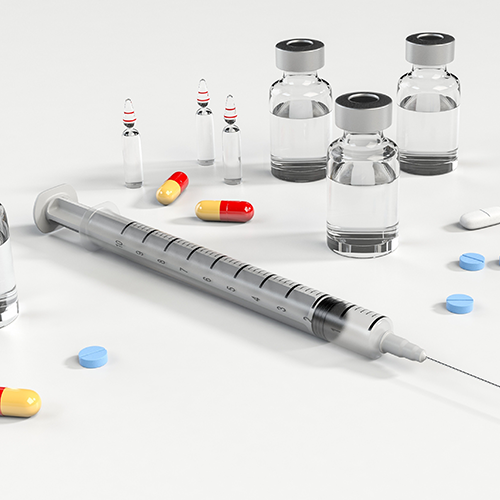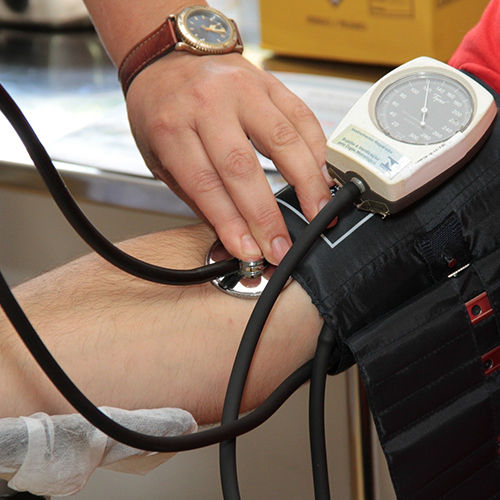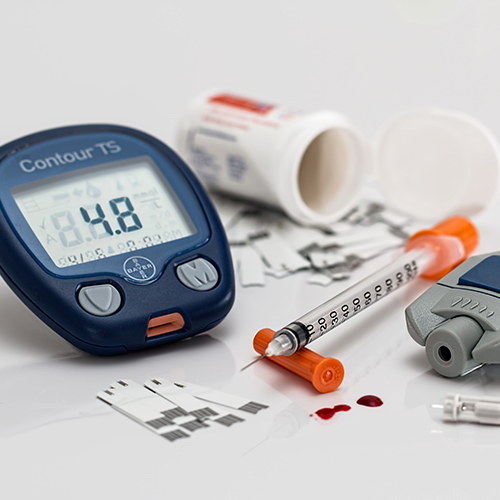Allergies
A trained allergist can help devise treatment plans to help people to identify the causes of allergies and alleviate the symptoms. Our allergists have extensive training and expertise in identifying triggers and making the right diagnosis to offer the most effective treatment for your allergies.
An allergic reaction may result in angioedema, urticaria, rhinitis, sinusitis or asthma exacerbation. In a worst-case scenario, an allergic reaction may lead to anaphylaxis, which can be life threatening. In cases where the allergic reaction is severe enough to cause difficulty breathing, contact us immediately.
• Blood Test for Allergy. When a skin test cannot be performed due to medications, or it is inconclusive, an allergy blood test may be able to determine what is causing a specific allergic reaction. This test can be less sensitive than skin tests and is more expensive.
• Skin Test for Allergy. Skin tests give fast results. They usually cost less than allergy blood tests and are generally safe for adults and children of all ages, including infants.
In certain circumstances, though, skin tests aren’t recommended. Your doctor may advise against skin testing if you:
• Have ever had a severe allergic reaction. You may be so sensitive to certain substances that even the tiny amounts used in skin tests could trigger a life-threatening reaction (anaphylaxis).
• Take medications that could interfere with test results. These include antihistamines, many antidepressants and some heartburn medications.
• Have certain skin conditions. If severe eczema or psoriasis affects large areas of skin on your arms and back (the usual testing sites), there may not be enough clear, uninvolved skin to do an effective test.
• Other skin conditions, such as dermatographism, can cause unreliable test results.





